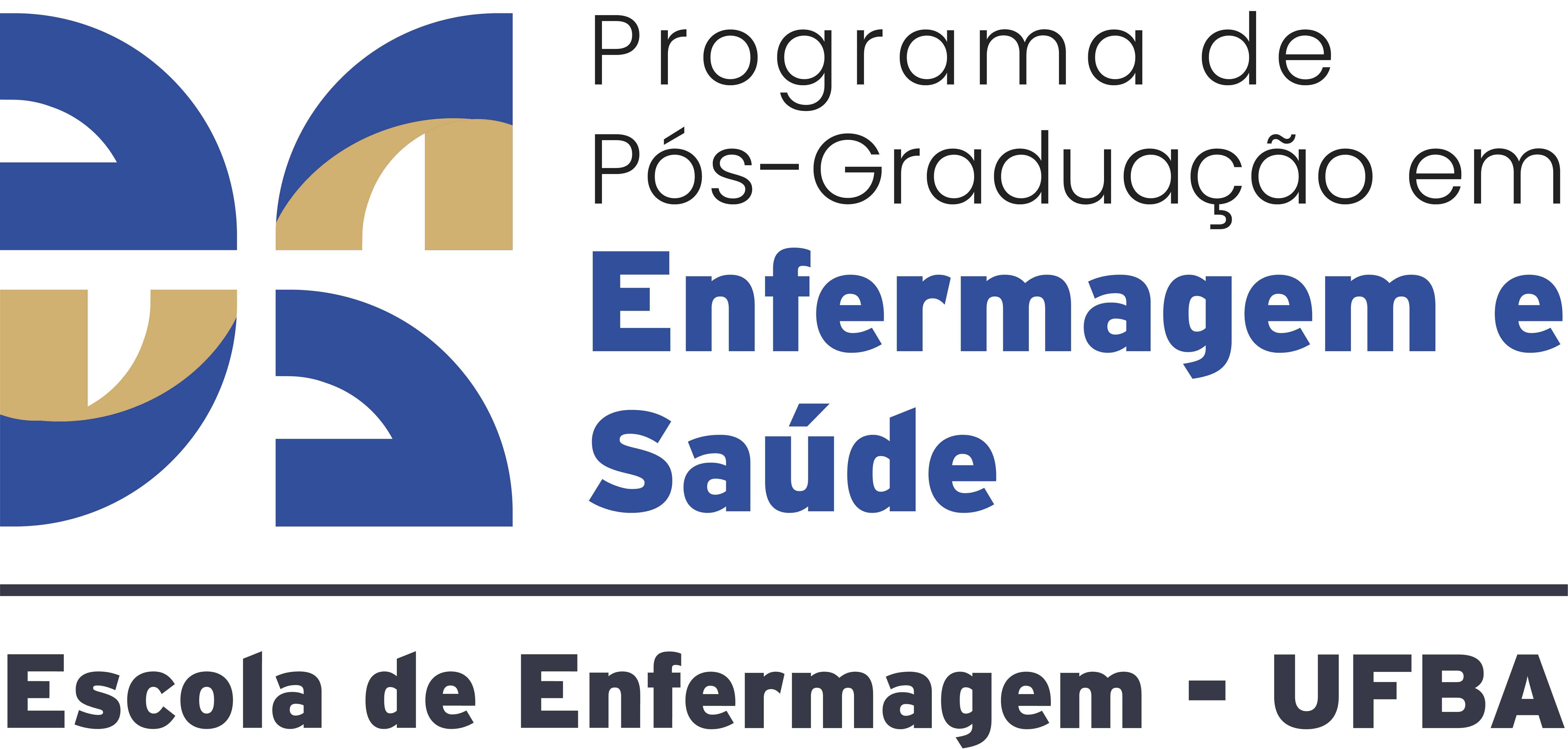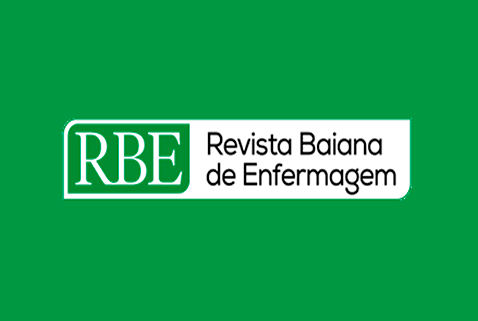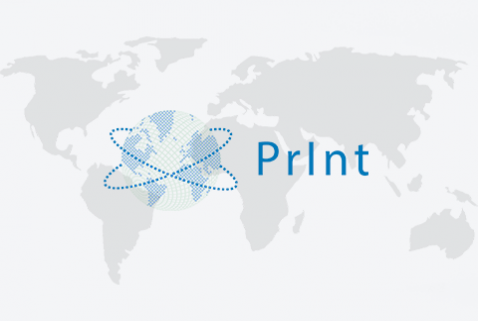The PPGENF of the UFBA has a staff with one administrative auxiliary and one administrative assistant, and a general service assistant.
The coordination of the Program and the secretariat have five microcomputers and two printers. There is also a telephone line with fax for exclusive use of the Program, and another PABX line. The Program has also nine computers, all connected to the Internet, two notebooks and a printer for the exclusive use of students in three study rooms. It also has three complementary multimedia devices to be used in teaching activities.
The PPGENF is open to the public from 7 to 12 am and from 2 to 6 pm, Monday through Friday.
Physical structure
Installed in a nine-story building, the EEUFBA has 10 classrooms with datashow equipment in each of them; two auditoriums with capacity for 120 and 77 people, with a total capacity of 203 people; five meeting rooms, one room for each two teachers, and one room for each Research Group, all with computers connected to the internet network.
The PPGENF occupies with exclusivity two floors of the School, with physical space for: secretariat, with two environments; coordination room; room for orientation and vice-coordination, room of the Nursing Magazine of Bahia (Revista Baiana de Enfermagem), with a room for administrative activities and a meeting room; living room and bathrooms. The auditoriums are shared with the entire School. It also has two classrooms with capacity for 25 and 40 people each; two small rooms for 15 people each and three study rooms for students with nine computers and tables for academic activities. It also offers audiovisual resources allocated to the Nursing Center for Educational Technology/CTEE and a computer lab.
All spaces have furniture and equipment to for their full operation. The spaces allow accessibility of people with physical disabilities to all floors, including to the elevator.
The research groups also have their own rooms equipped with furniture suitable for their activities and, on average, four computers connected to the internet, three notebooks and two printers, as well as other equipment necessary for the development of academic activities, accessible to all students of the postgraduate program, all scientific initiation students and volunteers of the groups.
Laboratories
The EEUFBA laboratories are equipped with 32 computers, eight printers and two scanners, with Internet access and support for the development of dissertations and theses. Computer resources are available to teachers and students.
Libraries
Students and teachers of the Program currently use the services offered by the University Health Library (UHL), in a building located next to the Nursing School, allowing quick access to scientific information. The UHL integrates the Library System of the Federal University of Bahia (SIBI/UFBA). In 2014, its collection had 888,687 books/copies and 24,688 journals/titles, in addition to 441,700 special publications.
Access to UHL publications as well as to all libraries of the System can be done through physical consultation and remote access using, in the latter case, a computer connected to the Internet, tablets, smartphones, within the UFBA or at home. This access occurs through the Virtual Private Network – VPN. The UHL has the Bibliographic Commutation Program - COMU maintained in partnership with CAPES and the Sesu - Ministry of Education, the Brazilian Institute of Science and Technology Information (IBICT), an organ of the Ministry of Science and Technology, and the FINEP - Financier of Studies and Projects. COMU offers to students and faculty members of the PPGENF access to copies of technical-scientific documents available in library collections from all over Brazil.
The UHL offers guidance to the academic community of the PPGENF on the standardization of scientific papers (dissertations, theses, publications) according to Brazilian standards (ABNT) and international standards, as well as personalized assistance on the preparation of catalogs, scientific and technical reports, access to national and international databases and so forth. It has agreements and partnerships with the Network of Health Libraries and Cooperating Information Units (BIBLIOSUS Network).
From 2005 onwards, the PPGENF became part of the Virtual Health Library (VHL/Nursing) project, thus representing an important collection available. The Program is co-responsible, with the Anna Nery School, for the Bibliometrics project and is part of the VHL Advisory Board/Nursing.




